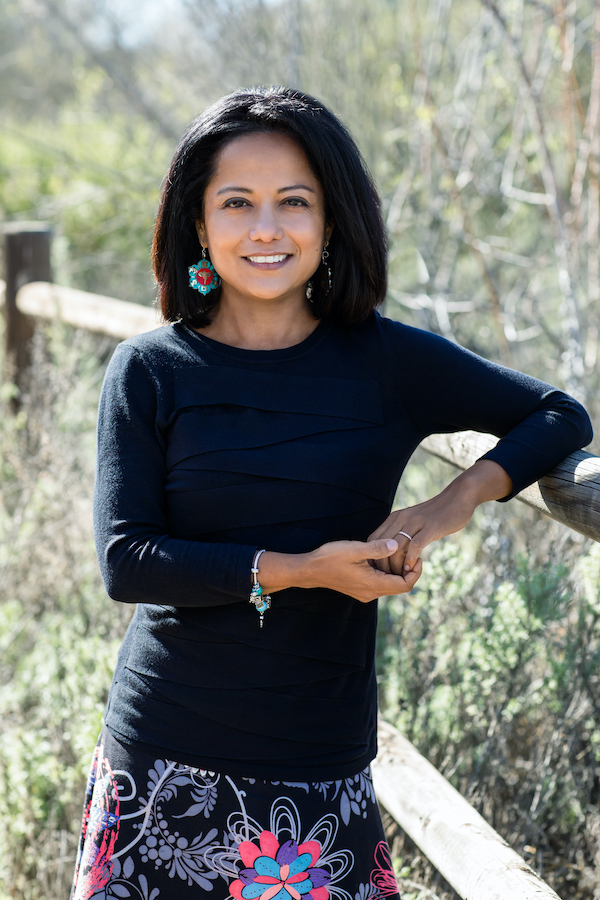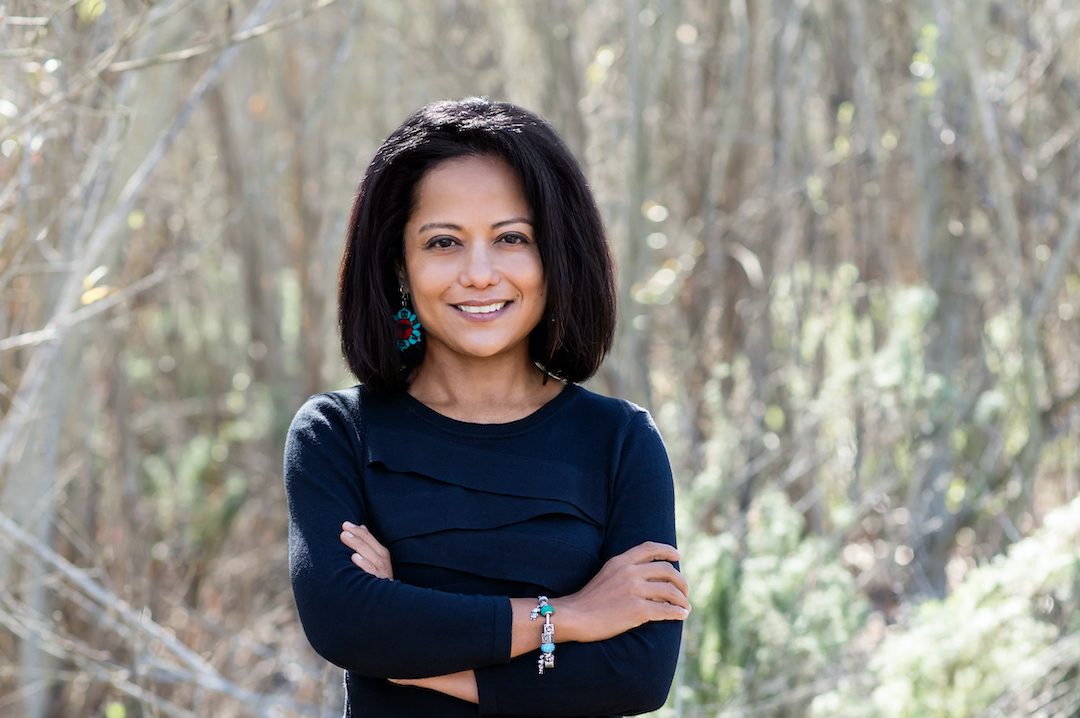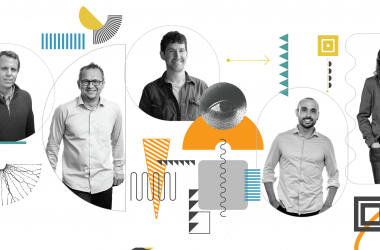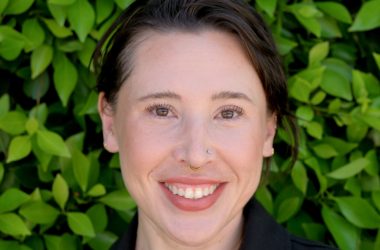As one of the world’s foremost infectious disease researchers, La Jolla Institute (LJI) Principal Investigator Sujan Shresta, Ph.D., believes she is on a path to developing a vaccine that will protect against both dengue and Zika virus.
Thanks to climate change, very little now stands in the way of dengue and Zika virus continuing to spread outside their traditional subtropical and tropical homes, with parts of the U.S. now threatened. Fortunately, for the future of the world’s health, La Jolla Institute’s (LJI) Sujan Shresta, Ph.D., represents a powerful front in the battle against these mosquito-borne viruses.
Born in Nepal to university professors who moved the family to the U.S. so their children could receive a high quality education, Dr. Shresta received her B.A. in Biological Sciences at Smith College and her Ph.D. in Immunology at Washington University in St. Louis. After her postdoc at UC Berkeley, Dr. Shresta was hired as an assistant professor in the Vaccine Discovery Division at LJI, where she pursues her three major passions in life: scientific research, mentoring the next generation of scientists across the globe, and spending time with her husband, a French-born scientist, her 13-year-old son, and 8-year-old daughter.
How does a young girl raised in a small Himalayan country end up as a groundbreaking scientist at a world-class immunology institute?
It really does seem like a miracle. It started with parents who believed in the value of education and continued with a series of wonderful mentors. When I went to Smith I knew nothing about science, but I had an immunology professor who inspired me during my freshman year. I actually did a research thesis with her on vitiligo in chickens that got published in a scientific journal. I also had a Ph.D. advisor who said he believed I could do anything I set my mind to. That gave me a tremendous feeling of confidence. This is why I believe that exposing young people to science today and helping them along the way is so critical to the future of research.
Why did you pick infectious disease as the focus of your research?
My interest started with Nepal because it is affected by many infectious diseases, but it is relevant for all of us. That’s why I decided to pursue an area of immunology that has an immediate impact on global health. I became fascinated first with dengue and more recently with Zika as I realized my native country and many others will soon be severely challenged by them as the viruses continue their rapid spread across the globe.
Why are dengue fever and Zika such a threat?
There are 390 million dengue infections each year and half the world’s population— nearly four billion people—is at risk of infection. The mild form of dengue causes high fever, severe headaches, muscle and joint pain, and rashes. The most severe form, dengue hemorrhagic fever, can cause severe bleeding, a sudden drop in blood pressure, and sometimes death. Zika, which has been deemed a international health emergency, is now found in nearly 90 countries. It produces similar symptoms, but can cause serious birth defects, and is also being investigated for associations with other neurological conditions, including Guillain-Barré Syndrome and meningoencephalitis. What’s rarely mentioned is that health care costs, in addition to the economic loss for families and workforces of those afflicted, is devastating in countries that can ill afford it.
What progress have you made in addressing these viruses?
We’re really encouraged by the success of our research, as we’re beginning to understand the immune response to these viruses. Specifically, by using mouse models, we’re learning a lot about how the immune system sometimes is a double-edged sword— it can protect the body or turn on it. One of our major studies discovered that some people can be infected with dengue and develop no disease or mild disease, and then later on with within a year or so, they can come down with the much more severe dengue hemorrhagic fever that is actually triggered by the pre-existing immunity to dengue.
You say that dengue and Zika are similar enough that a vaccine might be developed that would work against both simultaneously?
Yes, this is one of the most exciting areas of our research right now. We’ve discovered that there is a cross-reactivity between the immune response induced by these two viruses. This cross-reactivity should enable us to someday develop a vaccine—similar to a universal flu vaccine—that protects against both viruses. Right now we have to overcome the steep challenge that vaccinating against Zika may make dengue symptoms worse if a patient with pre-existing Zika immunity is infected with dengue, and vice versa.
Isn’t that a big hurdle to overcome?
Yes, but one of the reasons we’re so optimistic about all our research is that we’re doing something no one else is doing, and that’s leveraging both arms of the immune system in developing potential vaccines. We’re starting to learn whether the immune system’s traditional antibody response or the T cell response—or a combination of both—offer the most effective way to attack or prevent the disease. We’ve also already proven that one antiviral treatment can completely wipe out the dengue virus in mice. This treatment is now being investigated in human trials.

You’re also very interested in scientific capacity building in your native country.
I think it’s critical that countries like Nepal that currently have minimal scientific infrastructure develop the capability to do their own world-class research, especially on diseases that prominently afflict their citizens. We’re collaborating closely with Professor Krishna Manandhar, Ph.D., who trained in our lab as a Fulbright Scholar and who is now developing research facilities with our help at Tribhuvan University in Kathmandu. We’re also training students from Nepal, Thailand, and Brazil to go back and join the research effort in their home countries. I’m thrilled about this because I can envision how, in a few years from now, scientists from resource-poor countries will be generating novel research that not only benefits their country but the rest of the world.
What do you do when you’re not in the lab?
I love conducting research here at this wonderful Institute and I find great joy in my life as a scientist, but my family is even more important. The only thing that could make me prouder than my lab’s impact on human health, is to watch my children growing up into good people who make a difference. So, I spend as much time with them as I can, whether it’s taking them to exotic destinations around the world, going on long hikes locally, or skiing in the mountains. Our children are truly international kids. My husband only speaks French to them, so they’re completely bilingual. They’re also very talented musicians. They’re really bright and they can sometimes be conniving (laughs). We were playing the Sleeping Queen card game the other night and they somehow tricked me into playing an hour past their bedtime. I think they turned the clocks back!





